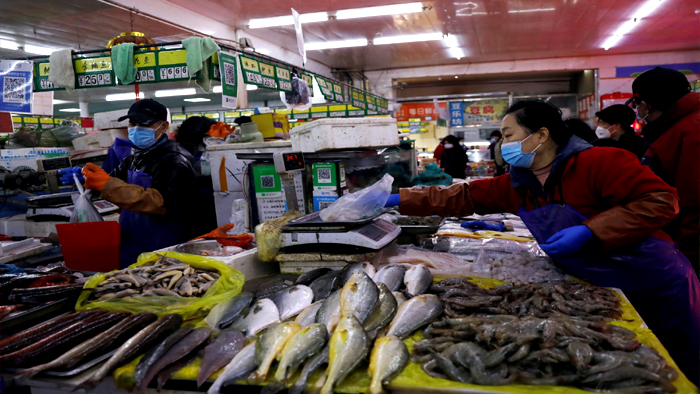While consumer inflation slowed in November, factory-gate prices in China continued to decline annually. This indicates weak activity and soft demand in an economy that has been constrained by stringent pandemic controls.
Analysts predicted that the government would maintain low interest rates and take steps to increase confidence.
According to National Bureau of Statistics (NBS) data released on Friday, the producer price index (PPI) was down 1.3% from a year earlier, maintaining the annual contraction seen in October. This was less drastic than the 1.4% decline predicted in a Reuters poll.
The consumer price index (CPI) increased 1.6% from a year earlier in November, which was slower than the 2.1% annual increase observed in October but in line with a Reuters poll. This was the slowest rate of growth in eight months.
According to these figures, the economic momentum continues to diminish, according to Zhiwei Zhang, chief economist at Pinpoint Asset Management.
Tuesday’s high-level political meeting of the Politburo of the ruling Communist Party emphasised that in 2023 the government will prioritise stabilising growth, fostering domestic demand, and expanding its international relations.
Zhang stated that despite loosening pandemic rules over the previous week, the government would still take other steps to boost the economy.
He claimed that the Politburo had “recognised weak confidence as a serious challenge for the economy.” “The rapid speed of reopening demonstrates the administration’s sense of urgency. I think the government will do more to improve market and household confidence.”
Growth in the world’s second-largest economy has sagged this year, largely impacted by the uncompromising COVID-19 curbs as global demand has also wavered.
Record COVID-19 infections and associated restrictions that disrupted production and restricted mobility were accompanied by producer price deflation and weaker consumer price inflation in November.
Although the change in pandemic policy has been welcomed by the markets, economists predict that it will likely slow growth over the coming months as infections rise, with an economic recovery coming only later in 2023.
The November CPI growth in China was slowed by the country’s negative PPI, according to Reuters’ graphics.
With prices falling 18.7%, the steel industry led the way in producer deflation.
The food markets contributed to the slower growth in consumer prices.
Compared to a year ago, food costs increased by 3.7%, while they increased by 7.0% in October. Pork was one of the food items that contributed to the food category’s moderated inflation rate; whereas its annual increase was 51.8% in October, it was only 34.4% in November.
In November, core annual inflation, which excludes volatile food and energy prices, remained constant from October at just 0.6%.
According to Hao Zhou, chief economist of Guotai Junan Group, “the overall inflation pressure remains mild in China, and we project the CPI inflation to be around 1.6% for 2023, down from 2.0% in 2022. As a result, the monetary policy will remain accommodating throughout the coming year.”
Since August, the benchmark one-year loan prime rate set by China’s central bank has remained at 3.65%. Next year, it anticipates that consumer inflation will remain mild.

